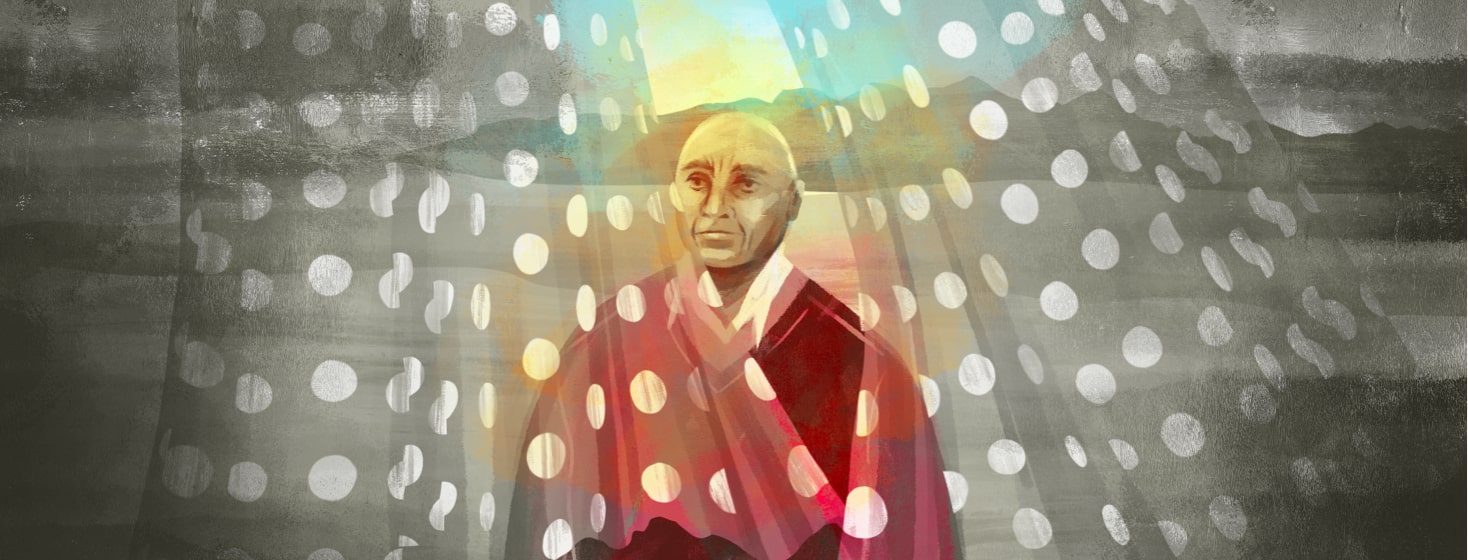Visual Storytelling of Alzheimer’s
Have you ever seen a work of art that stops you in your tracks? How about one that brings tears to your eyes and a memory to your heart? That’s what happens to me when I look at the collection selected as the 2020 Bob and Diane Fund grant winner, The Loss of Oral History by Jalal Shamsazaran.
The photo series depicts the photographer’s father and his descent into Alzheimer’s. The photos also feature family members and the environment and culture of Tabriz, Iran, where many of the photos were taken.
A different narrative of Alzheimer’s
I got a chance to speak pose a few questions to Jalal through his publisher. His answers provide some background, rich with feeling, to the already emotional images.
“I found out that Alzheimer’s disease is inherited in our family because my grandfather had Alzheimer’s, my father had Alzheimer’s and my aunt also has Alzheimer’s,” Jalal wrote. “Maybe it can be said that I am somehow photographing myself. I explored my relationship with my father and the history of our land while photographing my father.”
Images like the one from Azerbaijan, Islami Island, showcase the landscape around Jalal’s father, while photos such as that which depicts a dinner gathering showcase aspects of Jalal’s culture.
I asked Jalal what inspired him to capture these moments. His response: “If my photos could be a different narrative of Alzheimer’s disease and be effective, why don’t I narrate these moments with my camera?”
That said, it wasn’t always an easy thing to do.
“This collection was the most private and sensual narrative of a life for me and it has the most emotional and psychological impact on me,” he said.
The closeness, both in the physical and emotional sense, is what differentiates this series of photos from his other work.
“I had never been so close to all the objects, the lights on their faces and the crumbs in our house,” he said. “It was as if I was discovering the world I had lived in for years. I felt like touching my fathers emaciated hands, my mother’s sad face, the black cat that came to the window every morning and night.”
The Bob and Diane Fund
Gina Martin, the founder and executive director of The Bob and Diane Fund, said of the photo series: “Jalal captures his father’s decline into dementia until his death with grit, tenderness and emotion. His beautiful B/W images with his distinct style and voice shows the power of visual storytelling.”
The Bob and Diane Fund is an annual grant given to support the visual storytelling about Alzheimer’s and dementia. Gina created the award in honor of her parents. You can see the work of previous winners and read more about their stories at bobanddianefund.org.
The series has also received recognition as the 2020 World Understanding Award from Pictures of the Year International.
Shared experiences cross the continental divides
While Alzheimer’s can be incredibly unique to each patient, there are also so many similarities, across nations and continents even. I saw my Poppop in the image of Jalal’s father being spoon-fed as a wave of deja vu brought me to a visit I had with Pop at his care facility. And Jalal’s father sleeping next to his scribbles on a notepad reminded me of the dynamic wall of cut-out advertisements that my Pop curated because the colors brought him joy.
Jalal said it best, I think: “I have photographed the lives of others in different places for years. When I had to live with my parents because of my father’s circumstances, I realized that there was no such thing as an ‘other’ because my parents could be the parents of all the children in the world, and any parent could be my parents.”
I’m so grateful to the Bob and Diane Fund for bringing moving photographs like this series to my attention. And, of course, to Jalal, for putting a lens to his experience with Alzheimer’s. Your work is beautiful.

Join the conversation